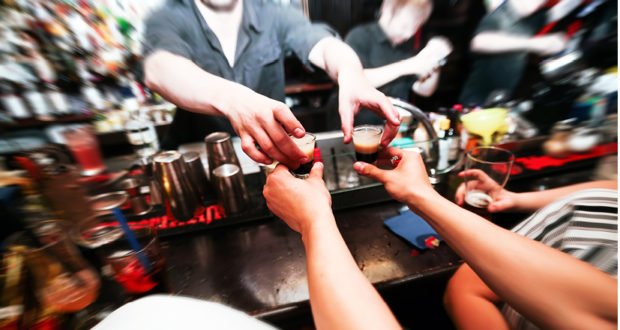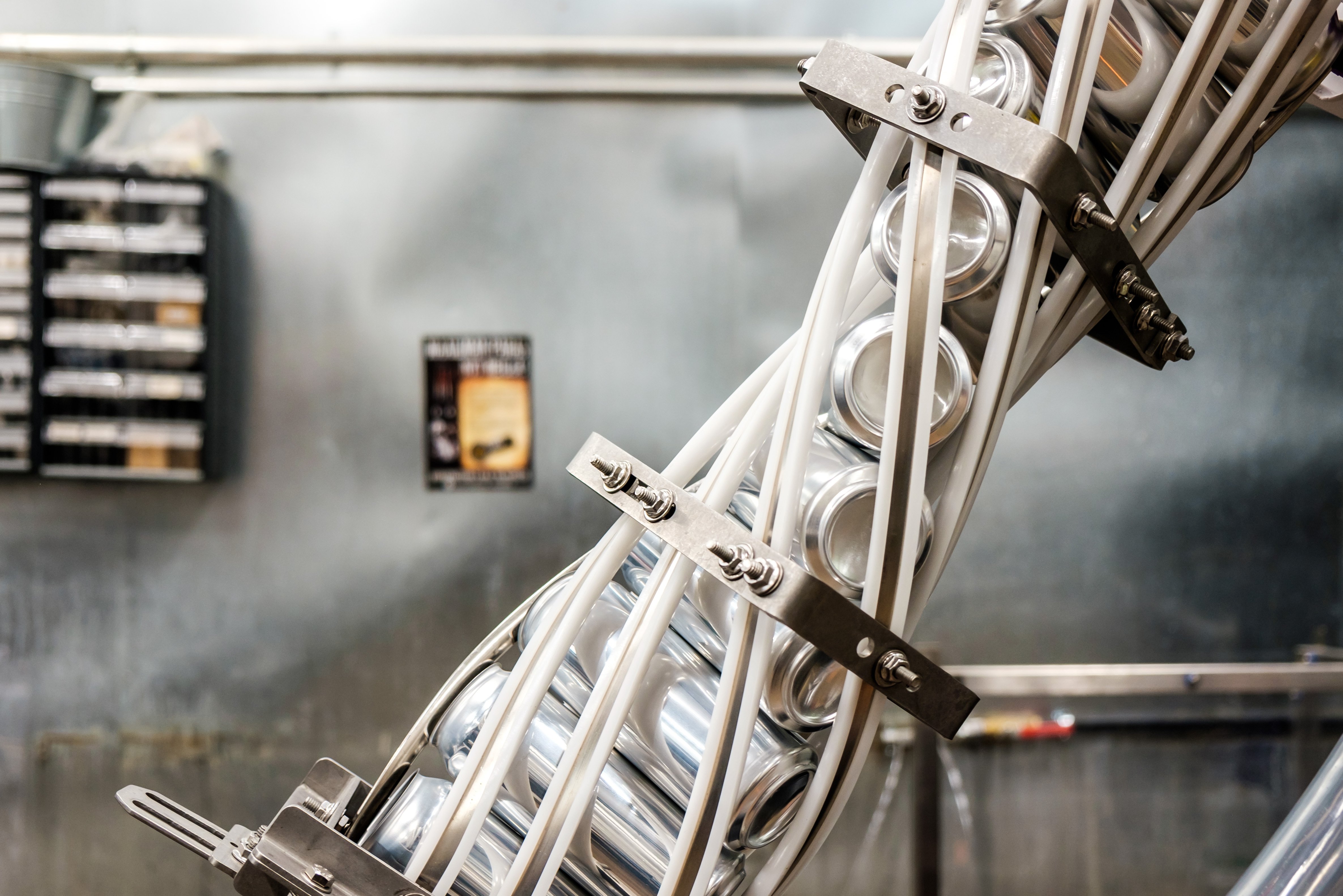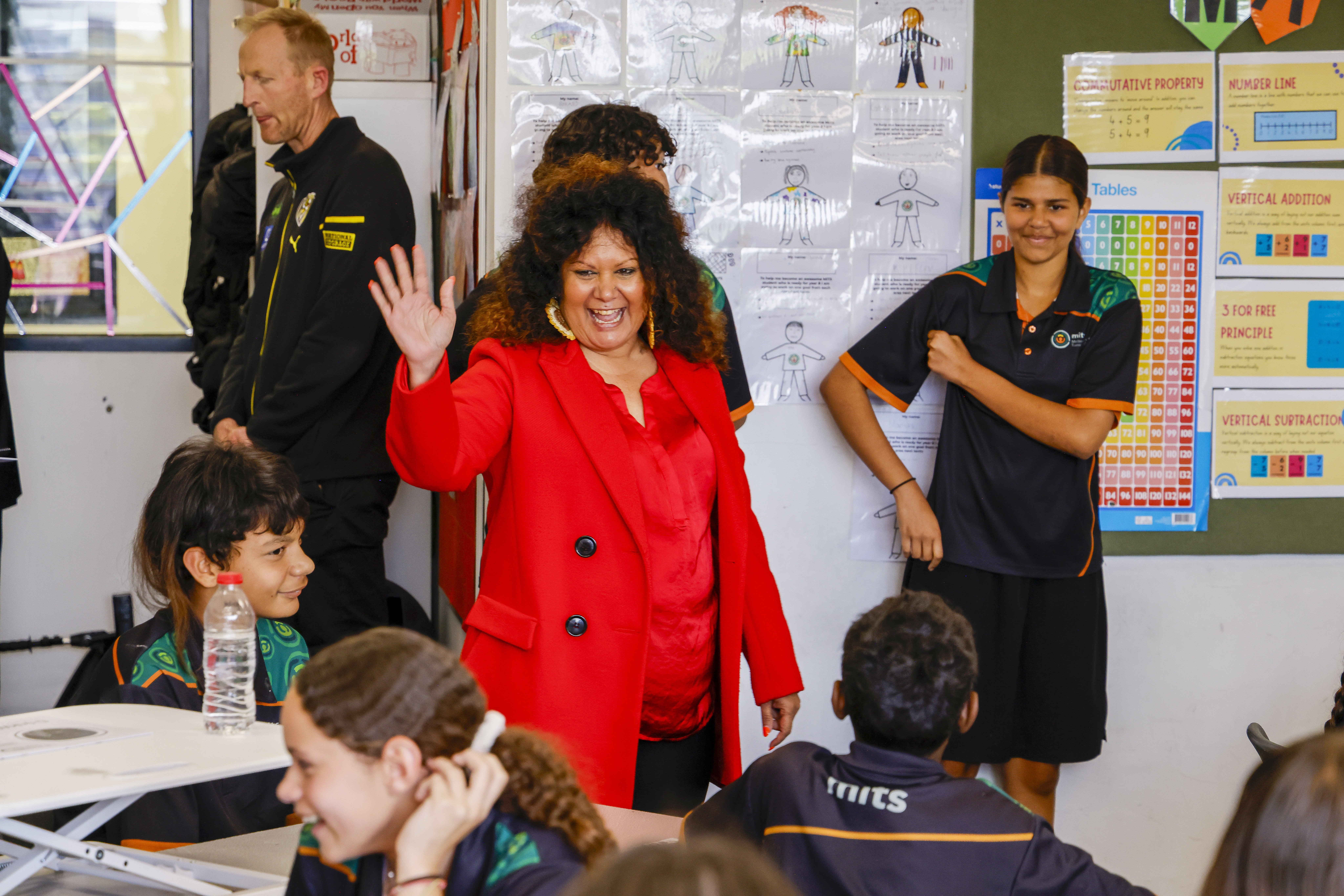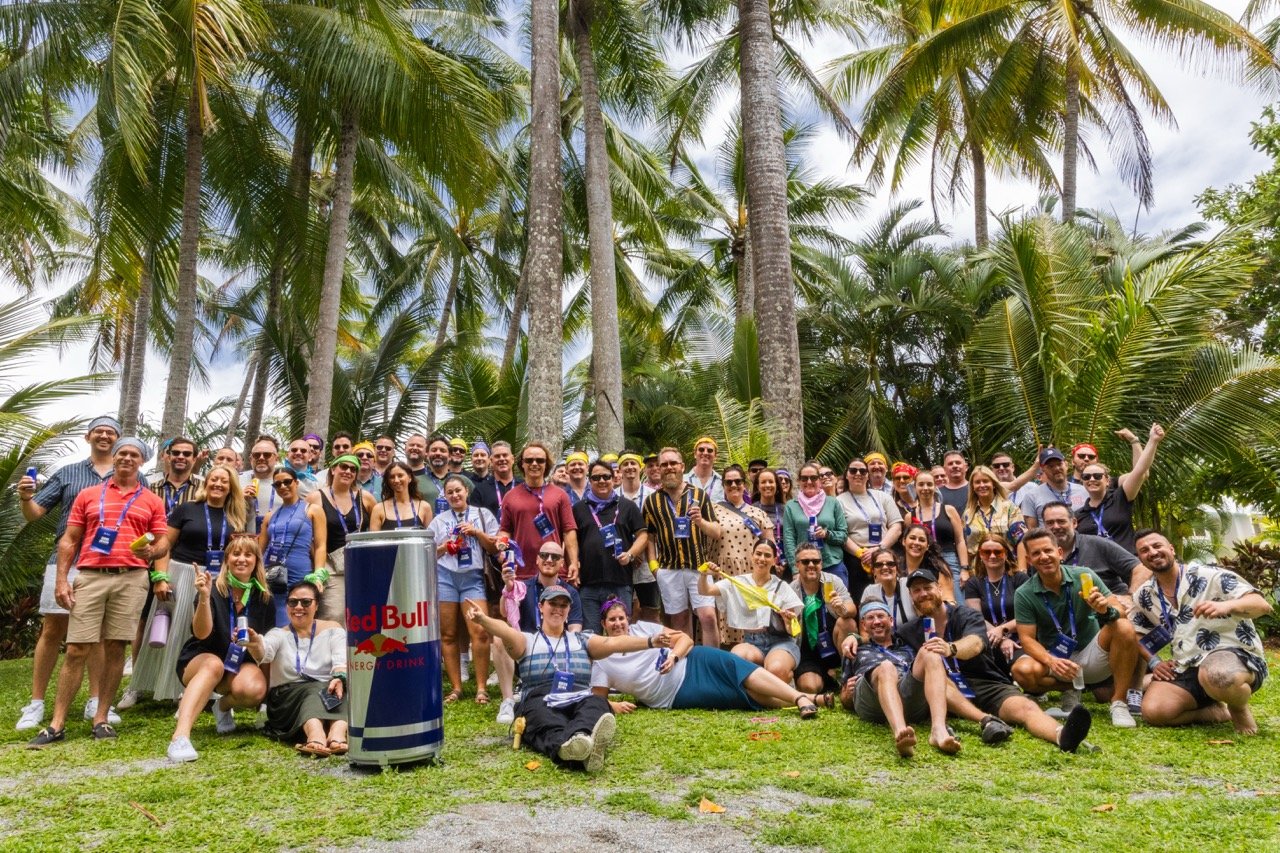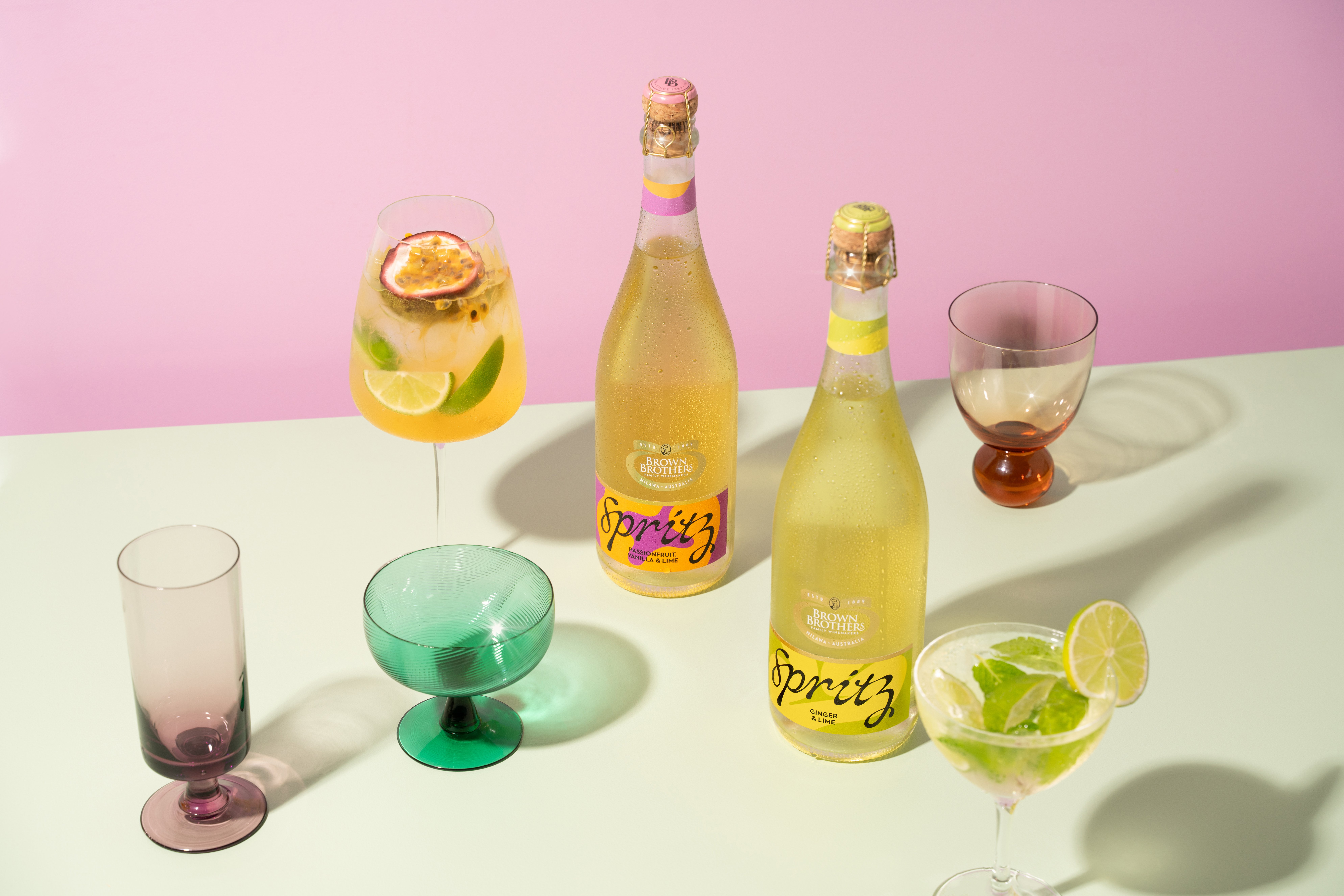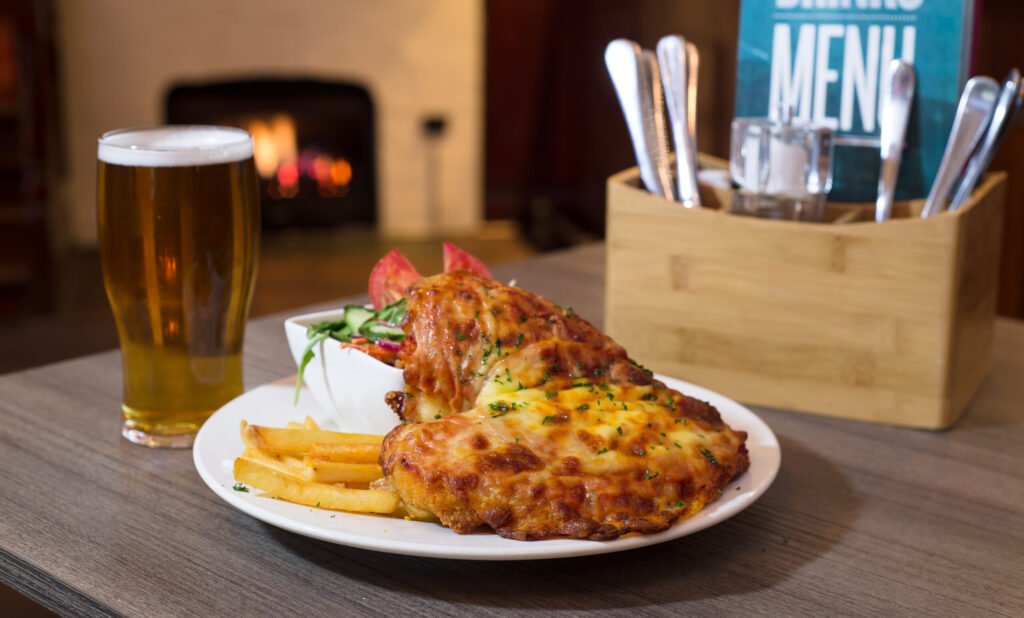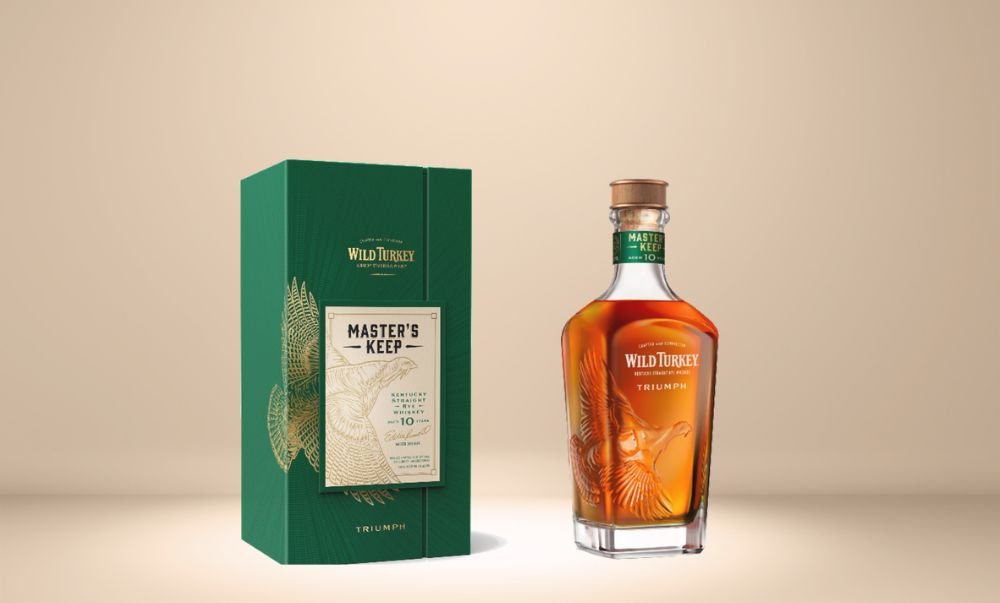The response from the industry is that the changes are insufficient.
Alcohol Beverages Australia Executive Director Fergus Taylor said, “The alcohol beverages industry welcomes minor changes to lockout laws, the extension of takeaway and home delivery alcohol sales and the changes to encourage small bar operators – but there are further opportunities for more balanced reforms.
“Businesses in Sydney and across NSW are being unfairly punished by these restrictions and we look forward to working with the Government to achieve more positive change.
“Restrictions on opening hours and continuing to limit the availability of alcohol doesn’t stop problem drinking. Pushing back lockout and last drinks times by 30 minutes are a step in the right direction but these blanket measures continue to punish responsible drinkers instead of those that cause the problems.
“Behavioural change will not be achieved by continuing with a policy of placing the blame on business operators and wholesale restrictions on the entire community. It’s possible to provide a safe and vibrant night-time environment by implementing strategies that go beyond curfews.
“If the government truly does want to create a ‘safer and more vibrant Sydney’, it should look at implementing a range of different measures, including changes to policing and public transport within the lockout zone and become less fixated on curbing nightlife and the activities of responsible drinkers with arbitrary cut-off times.”
The patron limit for small bars will also be increased from 60 to 100 as part of the trial, and their midnight closing time will be extended to 2.00am. The Distilled Spirits Industry Council of Australia said the changes are welcome, but the Government is continuing to overlook other restrictions and regulations which continue to be imposed on the venues.
“Small bar owners have told DSICA members they have lost count of the number of times they have had to explain to tourists that after midnight they cannot drink a single malt whisky on the rocks, but they can drink the same liquid if it’s mixed with coke or in a listed cocktail. If a patron wants a cocktail that isn’t on an existing printed menu at 12.01am, they have to refuse them. The same is true if they want a classic cocktail such as a Martini, Negroni or Old Fashioned, because they contain a product with more than 50% alcohol-by-volume (ABV). Meanwhile in Melbourne the bar scene is thriving and rates of anti-social behaviour and violence continue to go down,” said the DSICA.
“The changes to small bar regulation are welcome but without changes to other restrictions they will not be enough. It is one thing to allow the small bars to open longer but of little value if they unable to serve their core premium drinks such as neat spirits and some cocktails. Small bars rely on these as a point of differentiation, and existing restrictions seriously hamper their ability to operate profitably, while also putting an imposition on consumers for no clear reason.
“The distilled spirits industry strongly supports risk-based regulation to provide a safe environment for Sydney. The Government confirmed that venues with a small bar licence have a lower incidence of alcohol-related violence than venues operating under another type of liquor licence. At a time when industry is struggling, the removal of micro-regulation and red tape which has no evidence base should be a priority for all governments.
“DSICA urges the Government to review the restrictions imposed through the Sydney CBD and Kings Cross Plan of Management and do away with some of these more ludicrous measures.”
You may also be interested in CUB Ends Dispute at Abbotsford Brewery
Share the content
